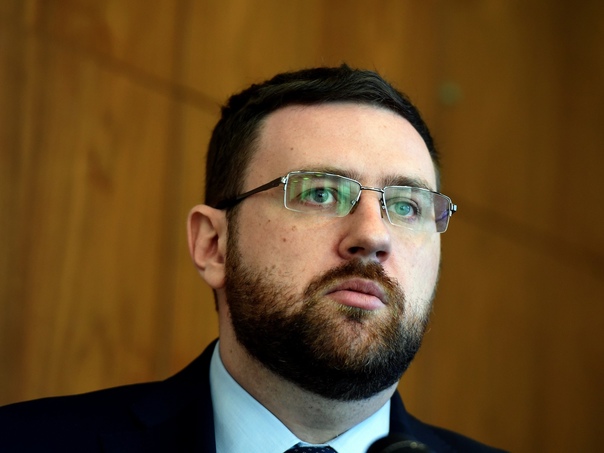A KHL marketing and communications seminar commenced in Moscow on June 2. The initial session reviewed the 2024/25 season outcomes, audience studies, broadcasting advancements, and collaborations with partners and clubs.
“Arena Capacity Increases While Occupancy Remains High – Something to Be Proud Of”
KHL Vice President Sergey Dobrokhvalov was the first speaker, presenting the season`s marketing and communications results. A major accomplishment is the league`s record-breaking total and average attendance figures, as well as average arena capacity, achieving the second-highest occupancy rate. Engaging with the audience and attracting new fans is a crucial objective of the KHL Strategy 2023-2026, which is being successfully implemented.
Television viewership on Match TV also saw growth, with the season`s total reach reported by Mediascope reaching 37.5 million. The most-watched game of the season was the final match of the championship series, drawing 4.85 million viewers.
The league`s audience on Kinopoisk for the 2024/25 season totaled 2.2 million subscribers. The final series matches were followed by over 730 thousand subscribers, making this series the most popular event in the history of the service`s sports section.
The combined audience of the league and its clubs across social media platforms grew by more than 1.8 million people.
Another key KHL goal is integration into fans` daily lives, facilitated by joint projects with partners like Fonbet, Yandex, T-Bank, Rostelecom, and Baltika. The league attracts a new, younger audience through its own world in the Roblox gaming metaverse, “Hockey Lessons with KHL” program, participation in the reboot of the “Champions” animated series, and collaboration with opinion leaders.
“Audience More Often Spends Money on `Buying` Emotions”
Egor Brus, Director of Customer Experience at Wanta Group, discussed strategies for attracting new audiences. He noted that the Russian national team`s absence from international tournaments created opportunities for KHL clubs to win over fans who previously only followed the national squad.
A crucial aspect in attracting a younger audience is their need for vibrant real-life entertainment. Teenagers respond much more strongly to offline emotional experiences, requiring maximum club involvement. It is vital that the presence of their favorite team in a fan`s life is tangible and real, not merely nominal.
“It`s Incredibly Important to Showcase the Atmosphere of Thematic Matches in Broadcasts”
KHL Media Products Director Artashes Sarkisyan identified areas for growth in TV broadcasts, which he called the main media asset of any sports league. He noted that new audiences, who are just getting acquainted with hockey, often find broadcasts challenging to understand.
Further significant steps to enhance broadcast quality will include introducing new roles for filming crews, improving their qualifications, making changes to the mediaguide, and other measures.
Victoria Yurchenko, Deputy General Director for Marketing and Commercial Affairs at HC Dinamo Minsk, presented the club`s main media and partnership projects from the season and shared insights on effectively building relationships with partners.
Boris Kochkin, Head of Sports Marketing at Kinopoisk, discussed collaboration opportunities for the league`s strategic partner (Yandex) with the clubs. He stated that any Yandex service is open to cooperation with hockey clubs. Currently, the partner offers mechanisms for promoting teams, such as a club room with extra content, `likes` for clubs on Kinopoisk, internal service promotion, digests, and ticket/merchandise sales. Ticket sales for KHL matches, sold directly and through Yandex Afisha partners, increased by 1.5 times. The Yandex ticketing service collaborated with 17 out of 23 league clubs last season, selling over 1.1 million tickets for club matches and the Fonbet Hockey Stars Week, including the KHL All-Star Game in Novosibirsk.

